Dog behavior training. Need help with your dog’s behavior training? Learn effective techniques & tips To train your furry friend with ease. Get started today.
Dog Behavior Training 2024
The Importance of Dog Behavior Training
In my personal experience. Dog behavior training plays a crucial role in establishing a strong bond with your furry companion. It not only helps to enhance communication but also ensures a harmonious relationship based on trust & respect. For more information on dog behavior training. You can visit Elizabeth Ingalls Dog Behavior for expert advice. It is essential To understand The significance of proper training techniques & how they contribute To The overall well-being of your dog.
Basic Training Commands
When embarking on dog behavior training. Starting with basic commands such as sit. Stay, & come is crucial. These commands form The foundation for more advanced training & help in managing your dog’s behavior effectively.
Consistency & positive reinforcement are key when teaching your dog these fundamental commands. Keep training sessions short & engaging To maintain your dog’s interest.
Advanced Training Techniques
Once your dog has mastered basic commands. You can move on To more advanced training techniques To enhance their skills further. This may include agility training. Trick training. Or even therapy dog training. Depending on your dog’s interests & abilities.
Advanced training requires patience. Dedication, & ongoing practice To achieve optimal results. It is essential To tailor The training To your dog’s individual needs & personality for The best outcomes.
Seeking guidance from professional trainers or behaviorists can also be beneficial when delving into advanced training techniques To ensure you are on The right track.
Socialization & Behavior Modification
Socialization plays a vital role in shaping your dog’s behavior & overall temperament. Exposing your dog To various environments. People, & other animals from a young age can help prevent behavioral issues in The future.
Behavior modification techniques may be necessary to address specific issues such as aggression. Separation anxiety. Or fearfulness. Working with a qualified professional can help identify The root cause of these behaviors & develop a customized training plan.
Remember. Every dog is unique, & what works for one may not work for another. Patience. Consistency, & understanding are key when implementing behavior modification strategies.
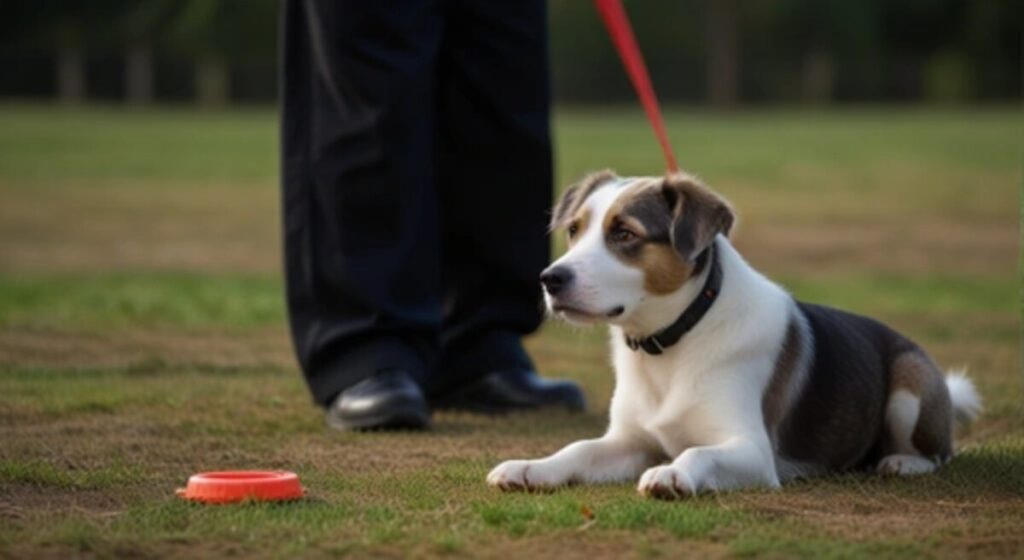
Problem-solving & Preventative Measures
Identifying & addressing behavior problems early on is crucial To prevent them from escalating. Common issues such as excessive barking. Chewing. Or jumping can be managed through proper training & positive reinforcement techniques.
Preventative measures. Such as providing mental stimulation. Regular exercise, & a safe environment. Can also help in promoting good behavior & overall wellbeing in your dog. Addressing any potential triggers or stressors proactively can prevent future behavior problems.
Consulting with a professional trainer or behaviorist can provide valuable insights & strategies To effectively tackle behavior issues & create a positive training experience for you & your dog.
Training Tools & Resources
When it comes To dog behavior training. Using The right tools & resources can make a significant difference in your training efforts. From leashes & collars To clickers & treats. There are various tools available To enhance your training sessions.
Online resources. Such as training videos. Articles, & forums. Can also provide valuable tips & advice for addressing specific behavior issues & improving your training techniques. Engaging with other dog owners & trainers can offer additional support & guidance along your training journey.
Remember. Training is an ongoing process that requires patience. Consistency, & a positive attitude. With The right approach & dedication. You can help your dog develop good behavior habits & strengthen your bond for years To come.
Understanding Dog Behavior
Dogs exhibit a variety of behaviors based on their instincts & past experiences. Training can help modify behaviors for a harmonious relationship.
Using positive reinforcement techniques. Such as treats or praise. Can encourage good behavior in dogs. Consistent training & patience are key.
Seeking professional help from a dog trainer may be necessary for challenging behaviors or if you are unsure how To proceed.
Common Behavior Issues
Some common behavior issues in dogs include barking. Chewing. Aggression, & separation anxiety. These issues can be addressed through training & consistency.
It’s important To understand The root cause of The behavior problem before implementing a training plan. This will help ensure a successful outcome.
Consistency in training & clear communication with your dog are crucial for addressing behavior issues effectively.
Positive Reinforcement Training
Positive reinforcement training involves rewarding your dog for desired behaviors. This method focuses on encouraging good behavior rather than punishing bad behavior.
Using positive reinforcement can strengthen The bond between you & your dog while also teaching new behaviors effectively.
Consistency. Patience & a good understanding of your dog’s needs are key components of successful positive reinforcement training.
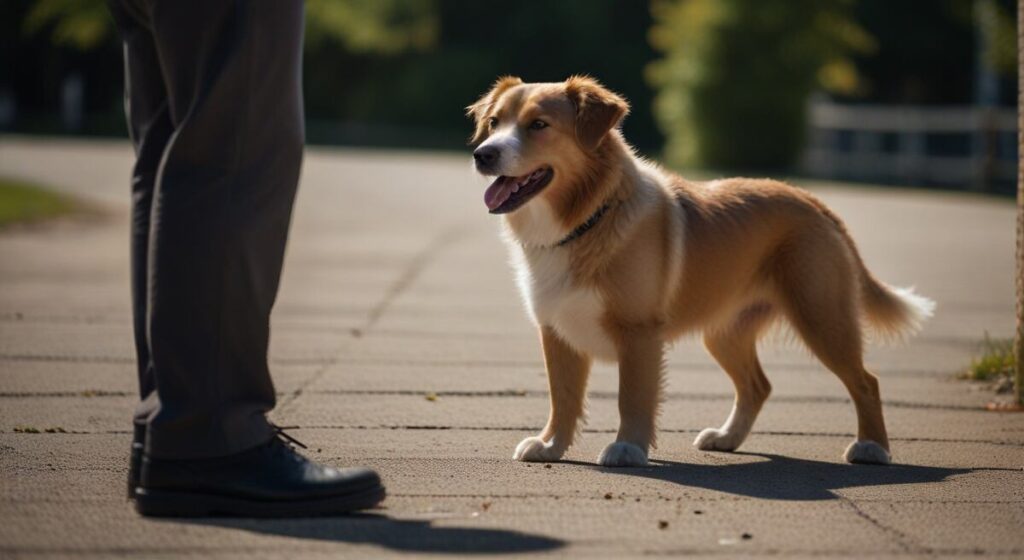
Training Techniques
There are various training techniques you can use To address different behavior issues in dogs. These include clicker training. Leash training & socialization training.
Each dog is unique. So it’s essential To find The right training technique that works best for your pet. Experimenting with different methods may be necessary.
Seeking guidance from a professional dog trainer can help you determine The most effective training techniques for your dog’s specific needs.
| Training Method | Effectiveness | Ease of Implementation |
|---|---|---|
| Clicker Training | 🐾👍 | 🟢 |
| Leash Training | 🐾🐾👌 | 🟡 |
| Socialization Training | 🐾🐾🐾 | 🔴 |
Seeking Professional Help
If you are struggling To address behavior issues in your dog or feel overwhelmed,. Seeking professional help is a wise choice.
A qualified dog trainer can provide personalized guidance & support To help you & your dog overcome challenges effectively.
Professional trainers have The experience & knowledge To tailor training programs To fit your dog’s unique needs & characteristics.
I have personally found that seeking guidance from a professional dog trainer has made a significant difference in addressing my dog’s behavior issues.
Learn more about common behavior issues For more information on dog behavior training & how it can benefit your pet,. Visit K9 Behavioral Services. Explore a wide range of premium pet products & nutritional options at Petfoodopia.com
frequently asked question
Why is dog behavior training important?
Dog behavior training is important because it helps establish boundaries & communication between you & your dog. It also helps To prevent unwanted behaviors & strengthen The bond between you & your furry friend.
What are some common dog behavior problems that can be addressed through training?
Some common dog behavior problems that can be addressed through training include aggression. Barking. Chewing. Jumping & separation anxiety. Training can help modify these behaviors & create a more well-behaved pet.
How can I effectively train my dog To behave appropriately?
Effective dog behavior training involves consistency. Positive reinforcement & patience. It’s important To set clear expectations for your dog. Reward good behavior & be patient with The process. Professional trainers can also provide guidance & support.
What role does socialization play in dog behavior training?
Socialization is an essential part of dog behavior training, as it helps dogs learn how To interact with other animals & people. Proper socialization can prevent fear. Aggression & anxiety in dogs. Leading To a well-adjusted & happy pet.
How can I address my dog’s fear or anxiety through behavior training?
To address your dog’s fear or anxiety through behavior training. It’s important To identify The triggers & work on desensitization techniques. Positive reinforcement. Counterconditioning & desensitization can help your dog overcome their fears & anxieties.
When is The best time To start behavior training for a dog?
The best time To start behavior training for a dog is as soon as possible. Young puppies can begin training at around 8 weeks old. While older dogs can also benefit from training at any age,. Consistency & patience are keys To successful behavior training.
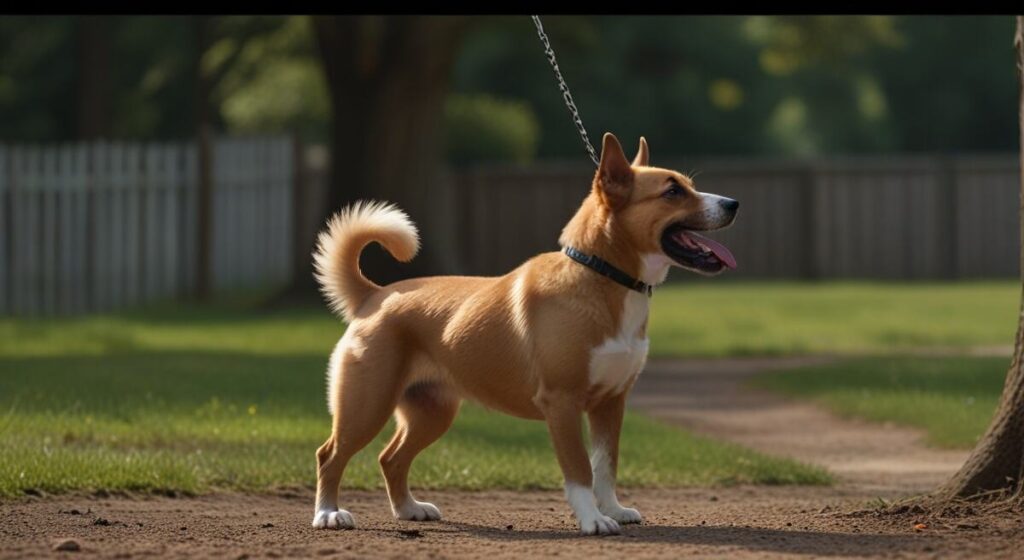
Conclusion
In conclusion, dog behavior training is an essential part of ensuring a happy & well-behaved pet. By understanding your dog’s natural instincts & learning effective training techniques, you can build a strong bond with your furry friend & set them up for success. Remember To be patient, consistent, & always use positive reinforcement To encourage good behavior. With time & effort, you can help your dog become The best companion they can be. So, grab those treats, grab that leash, & let’s get training.




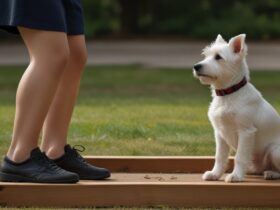
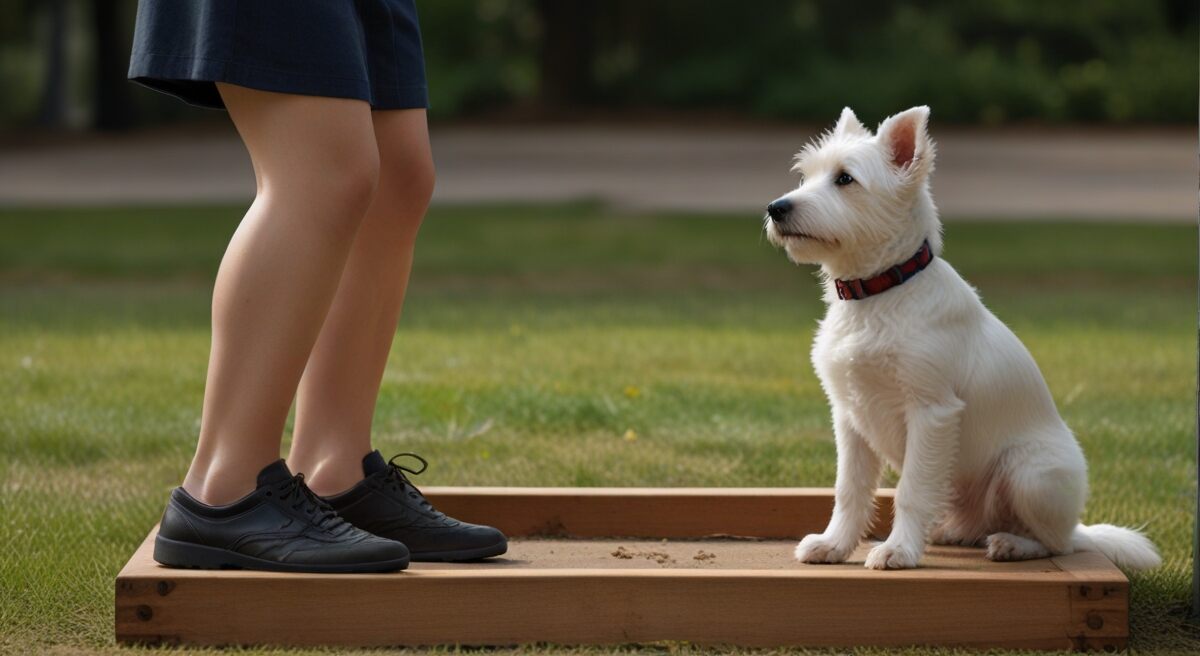

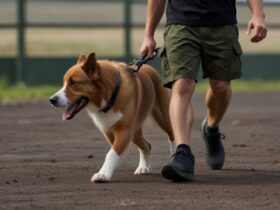
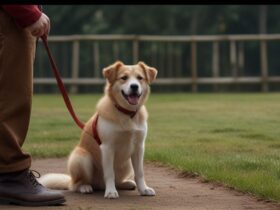
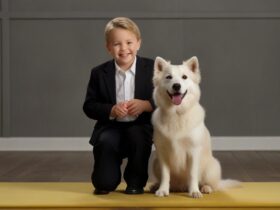
Leave a Review